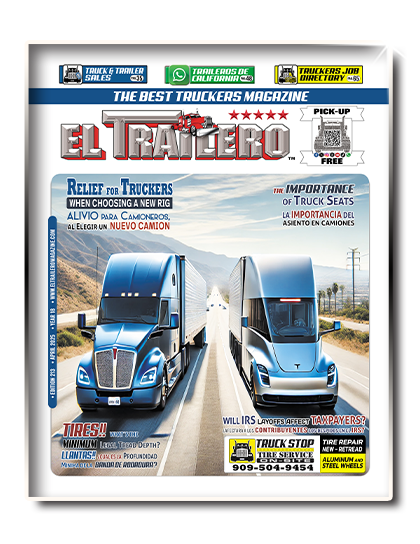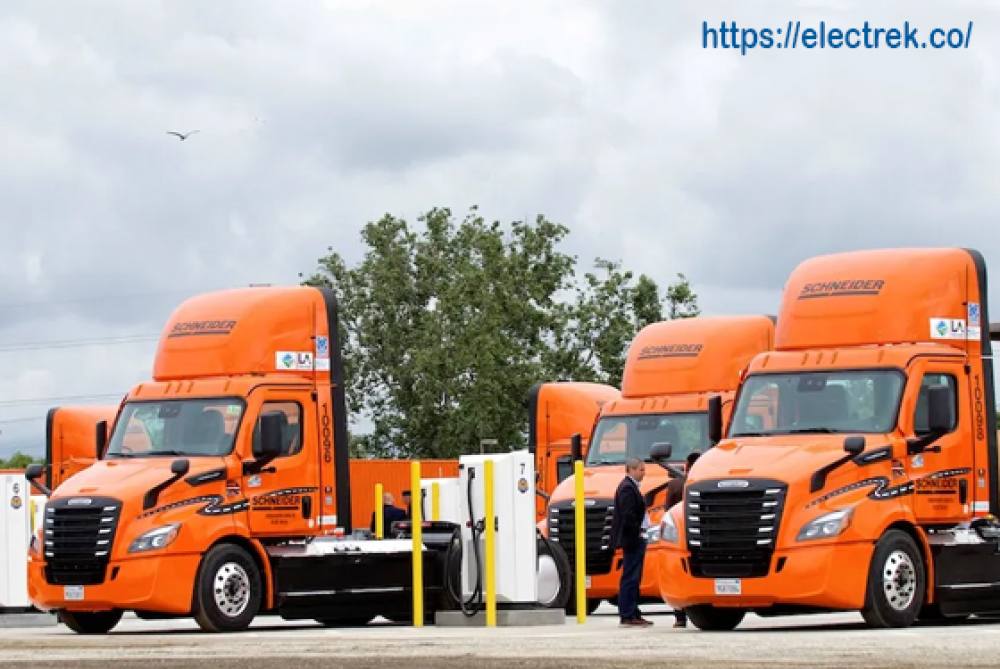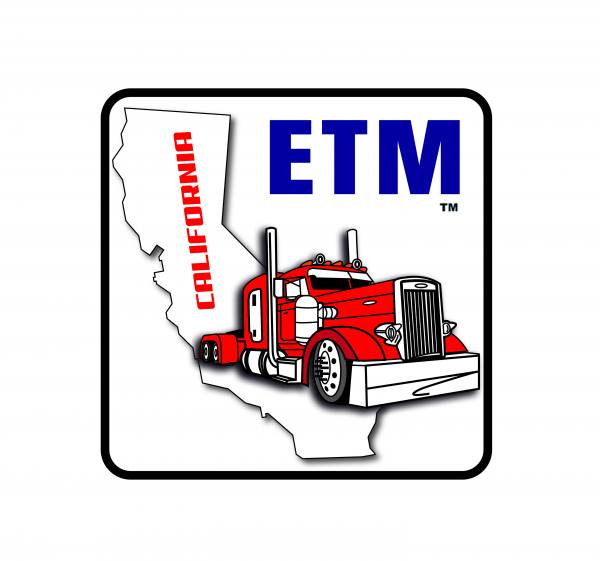 |
|
 |
Get our FREE |


Schneider National has achieved a major milestone in the commercial transportation industry: its fleet of battery electric vehicles (BEVs) has traveled over 6 million zero-emission miles. This accomplishment has allowed the company to cut 20 million pounds of carbon dioxide emissions, equivalent to removing 2,100 gasoline-powered passenger cars from the roads for an entire year.
Mark Rourke, Schneider´s CEO, emphasized that this achievement underscores the company´s commitment to sustainability and innovation, proving that BEVs are a viable solution for delivering flexibility and efficient service to customers.
With one of the largest electric fleets in North America, Schneider operates nearly 100 Freightliner eCascadia trucks, manufactured by Daimler Truck North America (DTNA). Their facility in South El Monte, California, is equipped with 16 high-powered charging stations capable of charging up to 32 trucks simultaneously.
DTNA introduced the eCascadia in 2018, a model designed for routes up to 250 miles and capable of recharging to 80% capacity in just 90 minutes. Mass production began in 2022, marking a significant step forward in the transition to clean transportation.
David Carson, Vice President of DTNA, praised Schneider as a leader in the transition to zero emissions, highlighting the critical role of innovation in shaping the industry´s future.
This milestone positions Schneider as a trailblazer in electric technology adoption, inspiring the transportation sector to move toward a more sustainable future.
One of the leading causes of accidents involving commercial vehicles on the road is improperly secured cargo. To prevent...
read more...When it comes to truck drivers´ health, the focus often stays on physical and work-related concerns. Yet, there&ac...
read more...In the trucking industry, GPS technology has become an indispensable tool for truck drivers and fleet operators. However...
read more...Although April 15 marked the official end of tax season, truck drivers can still make strategic decisions to keep their ...
read more...

